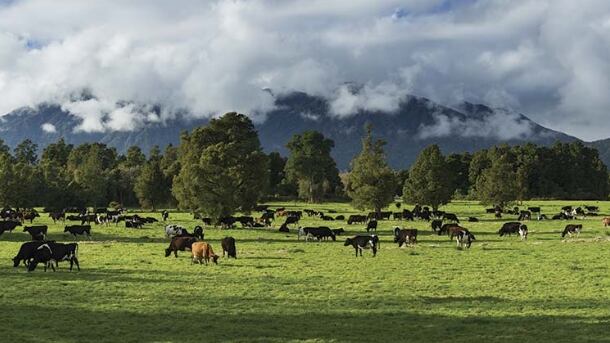Morrison said Westland’s new five-year business strategy has the potential to add value to its business.
“During the year we completed a strategic roadmap,” Morrison said.
“The core of this strategy is to produce differentiated products that leverage our heritage and location, enabling the company to grow value for shareholders in terms of payout and their farm properties.
“We worked hard during 2017-18 to build the foundations for Westland’s long term future. This included a focus on getting the basics right and improving our right-first-time performance. There is, however, still more to do. Our first aim is to deliver a competitive payout for the 2018-19 financial year, while focussing on driving better, long-term returns and value to our shareholder farmers.”
More capital needed
However, he added, if the cooperative is to realize all its opportunities, it needs access to new and increased capital.
A key to achieving a better outcome for shareholders will be the cooperative’s current capital structure review, Morrison said. The board will give shareholders a first progress report on the review at the company’s annual general meeting in Hokitika on December 5.
“The Board is conscious that we have relatively high debt levels and limited financial flexibility. It is therefore timely to look ahead and consider all options that can provide a sustained higher payout and improve shareholders’ and the co-operative’s financial flexibility. Obtaining new capital would make a significant difference.”
Positive highlights
Chief executive Toni Brendish said, during 2018-19, Westland will complete plant upgrades with the goal of being able to produce high value segregated products throughout the season, not just on the season’s shoulders. Currently, production capacity at Westland means the company is forced to process high volume but low value bulk powders in order to get the milk through during peak.
Brendish added, in 2017-18, Westland upped its value-add income by NZ$15m (US$10m) as evidence that segregated, value-add product can produce success.
Other highlights included Westgold butter year-on-year growth up 50.4% in the New Zealand grocery market with 3m blocks sold in New Zealand in three years; UHT sales of 6m liters compared with 1m in the previous year; nutritionals (including infant formula) up 4,543mt to 15,263mt; and 17.4% YOY volume growth in China.

